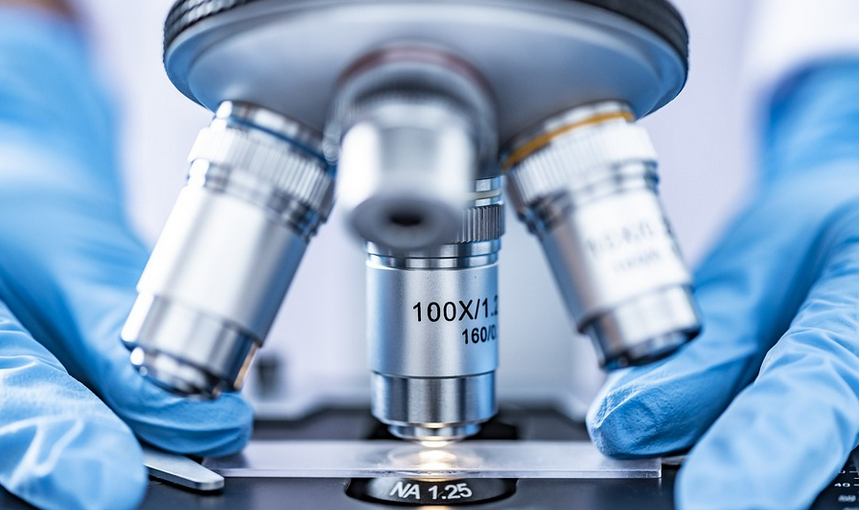The Problem
Cows are a significant contributor to greenhouse gas emissions, producing methane during digestion. This methane is a potent greenhouse gas that is 25 times more potent than carbon dioxide. As the world’s population continues to grow, so does the demand for meat and dairy products, leading to an increase in cow populations and methane emissions.
The Solution
Research has shown that adding seaweed to cows’ diets can significantly reduce their methane emissions. Seaweed contains compounds that reduce the activity of the microbes in the cow’s stomach that produce methane. This means that cows can continue to eat their normal diet, but with the addition of seaweed, they produce less methane.
How it Works
The compounds in seaweed, called bromoform and chloroform, have been found to be effective in reducing methane production in cows. These compounds inhibit the activity of the microbes in the cow’s stomach that produce methane, without affecting the cow’s ability to digest food.
The Benefits
Reducing cow methane emissions has significant environmental benefits. Methane is a potent greenhouse gas, and reducing its emissions can help to slow down global warming. In addition, reducing cow methane emissions can also improve the air quality around livestock farms, which can have health benefits for both animals and humans.
Challenges
While the use of seaweed to reduce cow methane emissions shows promise, there are still challenges to be addressed. One challenge is the cost of producing and distributing seaweed. Another challenge is the need for further research to understand the long-term effects of seaweed on cow health and productivity.
The Future
The use of seaweed to reduce cow methane emissions is still in its early stages, but it shows promise as a solution to a significant environmental problem. As research continues, we may see more farms adopting the use of seaweed in cows’ diets, leading to a reduction in greenhouse gas emissions and a healthier planet.
Conclusion
The addition of seaweed to cow diets is a simple and effective way to reduce methane emissions. With the demand for meat and dairy products continuing to rise, it’s important to find sustainable solutions that can help to reduce the environmental impact of livestock farming. Seaweed may be just one of many solutions that can help us to achieve this goal.

